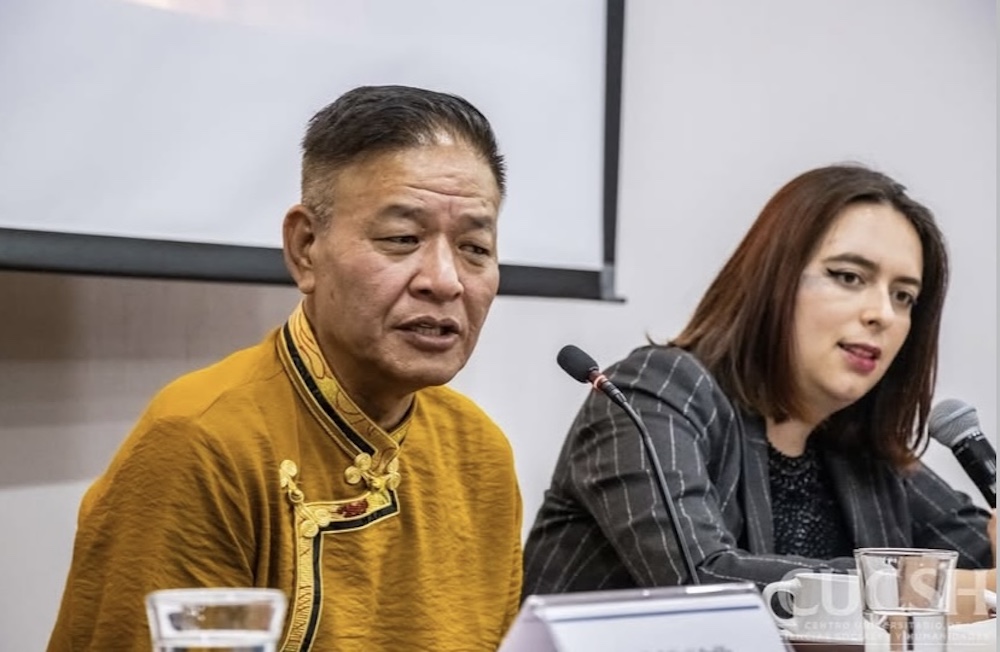BEIJING – China rebuffed on Friday an overture from Tibet’s spiritual leader, the Dalai Lama, saying he was still provoking separatist activities in the restive western region under Beijing’s control despite his soft talk.
The Dalai Lama, who leads a Tibetan government-in-exile in northern India, said on Thursday he did not seek Tibet’s independence from China, reiterating previous remarks that he only wants greater autonomy for the Tibetan people.
He made the comments in an annual statement to mark the anniversary of a failed 1959 uprising against Chinese rule that prompted his flight to India, but China said it needed action not words before it would believe the Dalai Lama’s goodwill.
The Dalai Lama “continues to persist in the wrong standpoint, disregarding Tibet’s social progress and achievements in human rights, and provokes relations amongst Tibetans, distorts and attacks the central government’s Tibet policies,” Foreign Ministry spokesman Liu Jianchao said in a statement faxed to Reuters.
China imposed Communist rule on Tibet after its troops invaded the region in 1950.
Last September, envoys of the Dalai Lama visited China as part of a delicate and slow-moving process to pave the way for a dialogue on the future of Tibet and possibly the eventual return of the Dalai Lama to Lhasa.
But entrenched differences have proved hard to overcome.
“Although the Dalai Lama says he wants to improve relations with the centre, he should fully and objectively look upon reality and truly abandon “Tibet independence”, stop activities splitting the motherland, and publicly recognise Tibet is an inseparable part of China…,” Liu said.
“The central government’s policy towards the Dalai Lama is clear and consistent and it hopes the Dalai Lama will take realistic action to show his sincerity,” he said.
Remote, mountainous Tibet remains restive, with many residents there and in other regions west and southwest China that are home to large Tibetan populations chafing at controls on their religion and culture.









